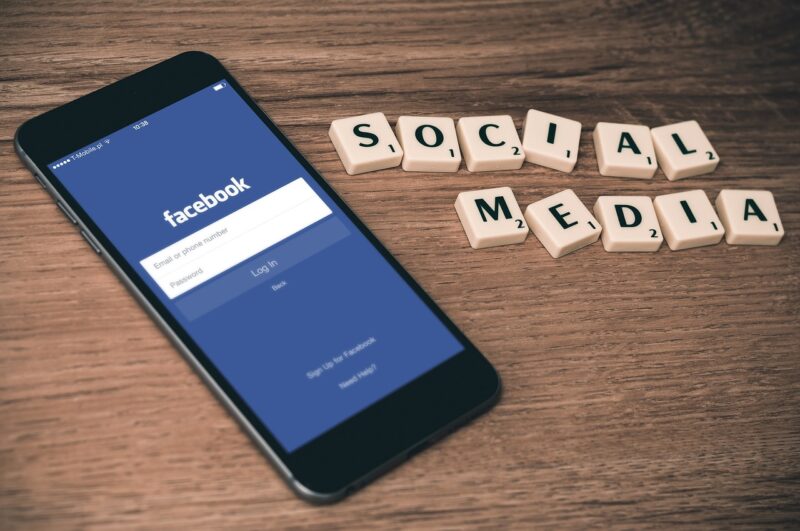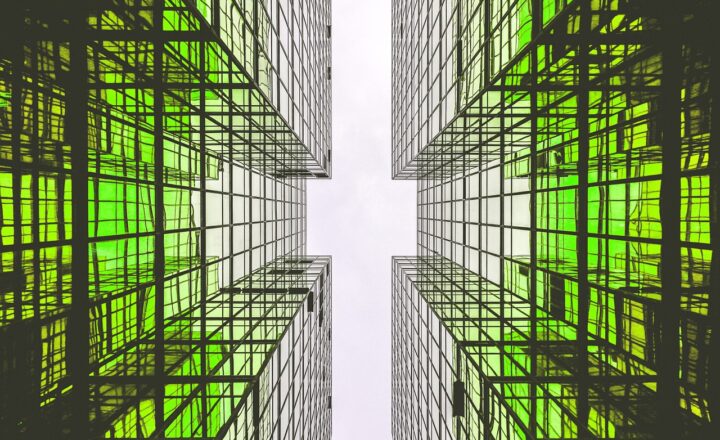Social Media and Mental Health: Understanding the Impact on Modern Life
November 18, 2024

Social media has become an integral part of our daily lives, influencing how we communicate, consume information, and perceive ourselves and others. With over 4.9 billion people using social media globally, its reach and impact on our mental health cannot be overstated. While social media platforms provide opportunities for connection and self-expression, they also pose significant risks to our mental well-being—especially among young people. This article explores the complex relationship between social media use and mental health, identifying both positive and negative effects, and offers strategies for healthier engagement with these platforms.
1. The Positive Aspects of Social Media on Mental Health
Despite its pitfalls, social media can play a positive role in mental health by fostering connections and providing support. Here are several ways it can benefit users:
- Connection and Community: Social media allows individuals to connect with friends, family, and like-minded people, helping to build a sense of community. Users can join groups that share their interests or experiences, such as support groups for mental health challenges or communities focused on hobbies.
- Access to Information: Platforms often serve as valuable resources for mental health information and education. Users can find articles, tips, and stories of others who have navigated similar challenges, creating a sense of understanding and awareness.
- Self-expression: Social media provides a platform for self-expression, allowing users to share their thoughts, art, or experiences. This creativity can be therapeutic and provide an outlet for emotions that might be difficult to express otherwise.
- Support Networks: Many individuals may find it easier to discuss mental health struggles online, where they can maintain some anonymity. These support networks can reduce feelings of isolation and provide encouragement and understanding from others who have faced similar challenges.
2. The Negative Impact of Social Media on Mental Health
While social media offers numerous benefits, it can also contribute to various mental health issues. Some of the critical negative impacts include:
- Anxiety and Depression: Studies suggest that excessive social media use can lead to or exacerbate anxiety and depression. The constant comparison to idealized versions of others’ lives can create feelings of inadequacy and low self-esteem.
- Cyberbullying: The anonymity of social media can contribute to cyberbullying, which is linked to increased rates of depression and suicidal thoughts among victims. Bullying can escalate quickly in digital spaces, causing significant emotional distress for those targeted.
- FOMO (Fear of Missing Out): Many users experience FOMO when they see friends participating in activities or events without them. This feeling can create anxiety and a sense of exclusion, negatively affecting mood and self-worth.
- Sleep Disruption: The use of social media, especially at night, can disrupt sleep patterns. The blue light emitted by screens and the stimulating nature of social media can lead to decreased quality of sleep, which is essential for overall mental health and well-being.
3. The Role of Social Comparison in Mental Health
One of the most significant ways social media impacts mental health is through social comparison. Users often compare their lives, achievements, and appearances to those they see online, leading to feelings of inadequacy. According to research, individuals who engage more with social media tend to report higher levels of dissatisfaction with their own lives.
Types of Social Comparison:
- Upward Comparison: This occurs when individuals compare themselves to others who they perceive as better off or more successful. This can diminish self-esteem and increase feelings of jealousy and discontent.
- Downward Comparison: Conversely, some users may compare themselves to those they perceive as worse off. While this might temporarily boost self-esteem, it can foster a false sense of security and might not benefit overall well-being in the long term.
It’s essential to recognize how social comparison works on social media and to actively dismantle those unhealthy comparisons by curating your feeds, following positive accounts, and focusing on self-acceptance and growth.
4. Strategies for Healthy Social Media Use
To mitigate the negative effects of social media on mental health, consider implementing the following strategies:
- Limit Screen Time: Set boundaries for how much time you spend on social media each day. Consider using apps that track and limit usage, enabling you to take breaks and engage with the offline world more.
- Curate Your Feeds: Be intentional about who you follow. Prioritize accounts that inspire positivity and self-improvement rather than those that trigger negative emotions or comparisons.
- Engage in Real-Life Connections: Make time for face-to-face interactions with friends and family. Building real-life support systems can counteract feelings of isolation that social media can sometimes create.
- Practice Mindfulness: Engage in mindfulness practices that promote self-awareness and emotional regulation, helping you to interact with social media from a place of balance and intentionality.
- Reflect on Your Feelings: Regularly assess how social media affects your mood and mental state. If you notice negative effects, consider taking a break or reevaluating your usage habits.
5. Conclusion: Finding Balance in the Social Media Landscape
The relationship between social media and mental health is complex and multi-faceted. While social platforms hold great potential for connection and support, they also carry risks that can impact mental well-being. By understanding how social media affects our mental health and employing strategies for healthier usage, we can create a more balanced relationship with these platforms.
After all, social media should enhance our lives and foster connections, not detract from our mental well-being. As users, we hold the power to shape our social media experiences and use them in ways that promote understanding, positivity, and mental wellness. Let’s engage mindfully and thoughtfully to harness the best of social media while protecting our mental health.








